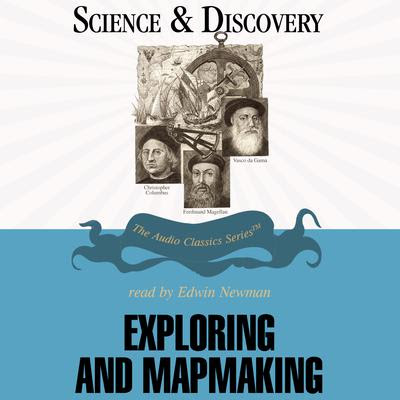“All scripture is given by inspiration of God, and is profitable for doctrine, for reproof, for correction, for instruction in righteousness: That the man of God may be perfect, throughly furnished unto all good works.”
My childhood experiences with the Bible
I was raised in a Christian religion, and grew up going to church every Sunday with my family. Thus, my education in the Bible began at a very young age; and I was fortunate to have good Christian values planted in me at a very early age. I grew up with the great stories of the Bible, from the Creation and Exodus found in the Old Testament, to the Nativity and Easter stories found in the New Testament. The Bible is filled with great stories, and I am convinced that this is part of its great power to influence humanity to do good and become better people. Children latch on to the stories of Joseph in Egypt, David and Goliath, and Daniel and the Lions’ Den; and their power is not lost on adults – they still have the power to grab and move people, even in their old age.
My favorite painting of Jesus Christ










